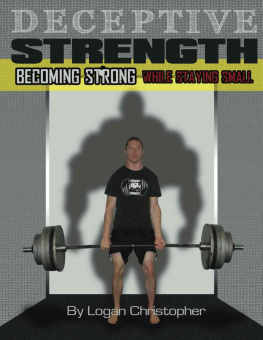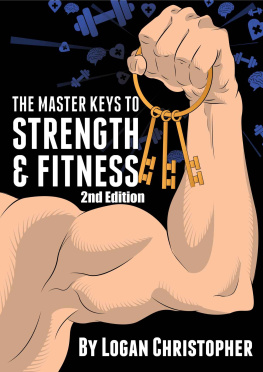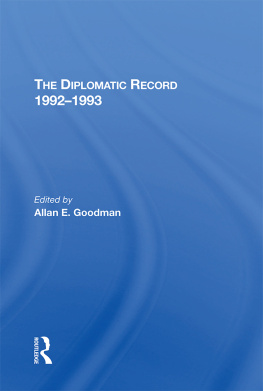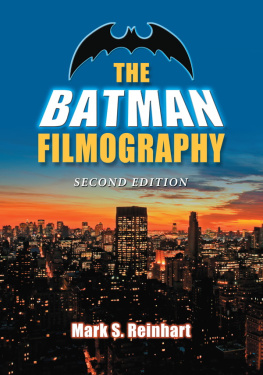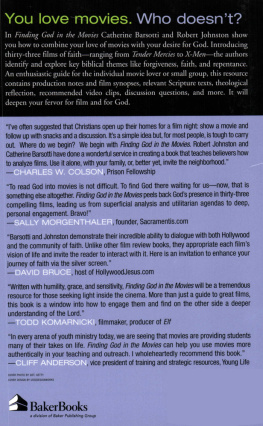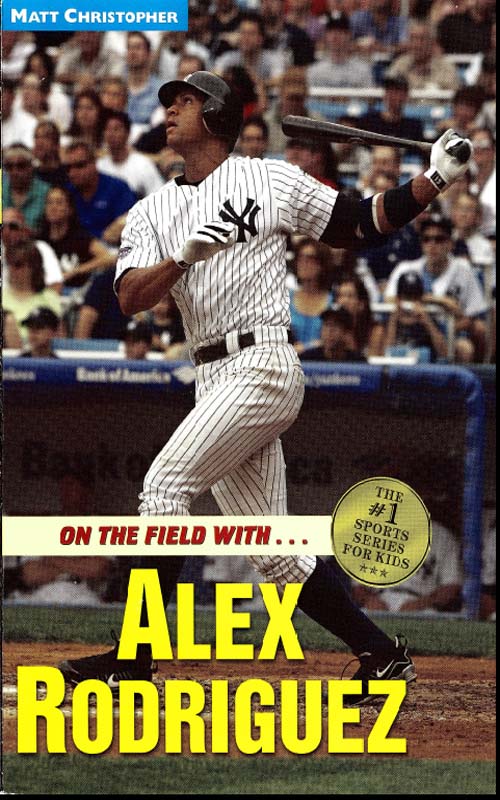Copyright 2002 by Matt Christopher Royalties, Inc.
All rights reserved. Except as permitted under the U.S. Copyright Act of 1976, no part of this publication may be reproduced, distributed, or transmitted in any form or by any means, or stored in a database or retrieval system, without the prior written permission of the publisher.
Little, Brown and Company
Hachette Book Group
237 Park Avenue
New York, NY 10017
Visit our website at www.HachetteBookGroup.com
www.twitter.com/littlebrown
First eBook Edition: December 2009
Little, Brown Books for Young Readers is a division of Hachette Book Group, Inc.
The Little, Brown name and logo are trademarks of Hachette Book Group, Inc.
Matt Christopher is a registered trademark of Matt Christopher Royalties, Inc.
ISBN: 978-0-316-09410-8
One summer day in the Dominican Republic, a small island country in the Caribbean, a group of young boys were playing baseball at the local monte, the Spanish word for park.
Most of the boys were nine or ten years old. They shared a single, yellow aluminum bat. The ball they used was worn and wrapped with tape.
Friends and family surrounded the makeshift diamond, yelling words of encouragement. The smallest and youngest boy on the field, a six-year-old named Alex, stepped to the plate.
Alex didnt care that the field looked nothing like a real baseball field. Even though the grass was worn down and none of the players wore a real uniform, in Alexs imagination he was in a major league ballpark and he was a major league baseball player.
Some of the older players laughed and hooted at the young boy. Not only was he small, he was also a newcomer who had recently moved to the Dominican from the United States. He didnt speak Spanish as well as the other boys and hadnt made many friends. Most of the players didnt think a boy so young and so small even belonged in the game.
When the boy stepped up to the plate, the only words he paid attention to were the supportive calls of his parents. He heard their voices, but he didnt turn and look their way. With a serious expression on his face he stared hard at the pitcher and waved the bat, curling it back over his shoulder and concentrating.
The pitcher didnt want the little player with the yellow bat to get a hit and embarrass him. He wound up and threw the ball as hard as he could.
The little boy clenched his teeth, and as the ball approached the plate he took a long, level swing.
Pow!
The old ball rocketed off the bat, over the head of the third baseman, and down the left-field line toward a distant corner of the monte. Alex threw his bat to the ground and began running as fast as he could toward first base.
He scampered around the bases as the crowd cheered and the left fielder chased after the bounding ball. By the time the outfielder retrieved it, the little boy had rounded second base and was running hard toward third. As the fielder threw the ball in toward the infield, the little boy was on his way to home plate. The shortstop caught the relay, spun, and threw home in one motion.
But he was too late. Exhausted and breathing heavily, Alex crossed home plate just before the ball arrived.
Home run!
His teammates surrounded him and pounded on his back. His parents cheered and smiled proudly. The pitcher frowned and pounded his glove. As the little boy recalled years later, I was almost crying, I was so happy.
Alex Rodriguez had just hit the very first home run of his life. Over the years, as the little boy grew into a man, the scene would be repeated time and time again. Today, when Texas Ranger shortstop Alex Rodriguez hits a home run, he still remembers that day so long ago in the Dominican Republic.
And when Alex Rodriguez hits a home run or does anything else on a baseball field, he is still happy. Playing baseball has always been one thing in his life that has made Alex Rodriguez happy. As his mother later recalled, from the moment he picked up a plastic baseball bat at age two, all Alex ever wanted to do was become a baseball player.
He was very focused from the time he was a child and just wasnt interested in anything else, she said. He didnt care about the sun or the rain. He just had to play ball and would cry if I didnt take him to the park every day.
Alex Rodriguez has very few reasons to cry today. After becoming a star shortstop for the Seattle Mariners, he signed a new contract in 2001 worth 252 million dollars to play for the Texas Rangers. He gets to go to the ballpark every day and do what he enjoys most. At an age when most baseball players are still trying to make it in the major leagues, Alex is considered one of the best players in the game today.
But Rodriguez didnt find such happiness easy to attain. He has worked hard for everything he has achieved. If not for baseball and the help of some very special people, his life may have turned out quite differently.
Alex was born in New York City on July 27, 1975. His father, Victor, owned a successful shoe store and his mother, Lourdes, showered Alex with love and attention.
He was the baby of the family. His sister, Susy, and brother, Joe, were already grown up and living away from home when Alex was born.
His parents had met and married in the Dominican Republic. Even though the Dominican Republic is a very poor country, they were proud of their heritage.
Life is hard in the Dominican. Jobs are few, and many Dominicans have to struggle to make a living, working hard for a few dollars a day. Average people earn less than $1,000 a year. But they still have dreams of success.
Many Dominicans dream of moving to the United States and making a better life for themselves. For many Dominican boys and young men, that dream includes playing the game of baseball.
That was Victor Rodriguezs dream, too. He loved baseball.
Baseball is perhaps more popular in the Dominican Republic than anywhere else in the world. The game was brought to the country late in the nineteenth century. Factory owners and the men who owned large agricultural plantations began sponsoring teams to provide entertainment for their workers.
It is warm and sunny nearly all of the time in the Dominican, and it is possible to play baseball all year long. The game quickly became very popular, and soon Dominican players were among the very best in the world, equal in talent to those who played major league baseball in the United States.
But many Dominican players were not allowed to play major league baseball in the United States. Most Dominicans were multiracial, and their ancestors include African slaves who were brought to the Dominican to work in the fields. Until 1947, when Jackie Robinson began playing for the Brooklyn Dodgers, major league baseball did not allow people of African descent to play. The game was segregated. Only white players were allowed to compete.
That didnt stop Dominicans from playing the game. A few even made their way to the United States and played in the Negro Leagues. After a professional league began in the Dominican, some Negro Leaguers even traveled to the Dominican Republic to play professional baseball there.
After Jackie Robinson broke the color barrier in the United States, American baseball scouts began looking for players in the Dominican. Many of the best Dominican players eventually made their way to the major leagues, like star pitcher Juan Marichal, who became the first Dominican ballplayer named to the Baseball Hall of Fame. And American players, both white and black, started traveling to the Dominican to play in the winter league.





